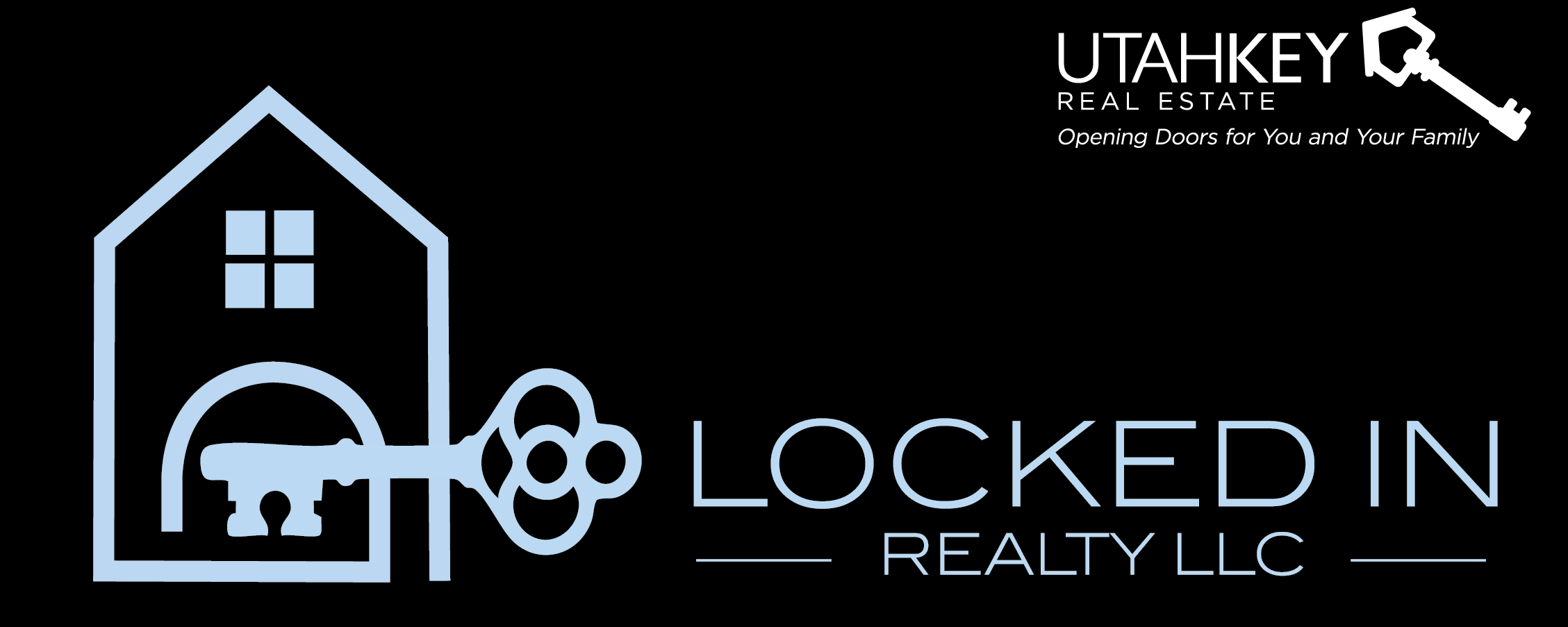Buying a home is an exciting and significant milestone, but it’s also a big financial commitment. For most people, securing a loan is an essential part of the process. But with so many loan types available, how do you know which one is the right fit for you?
In this post, we’ll walk you through some of the most common loan types available for home buyers, so you can make an informed decision and find the best option for your needs.
1. Conventional Loans
Conventional loans are the most common type of mortgage. These are not backed by the government but instead are issued by private lenders, such as banks or credit unions. To qualify, you typically need a good credit score, stable income, and a reasonable debt-to-income ratio.
Pros:
- Lower interest rates for borrowers with good credit
- No upfront mortgage insurance required (if you put down 20% or more)
- More flexible loan terms
Cons:
- Requires a larger down payment (typically at least 5%, but 20% avoids private mortgage insurance)
- Stricter credit score requirements (usually a minimum of 620)
2. FHA Loans
FHA loans are backed by the Federal Housing Administration and are designed to help first-time homebuyers or those with less-than-perfect credit. With a lower down payment requirement, FHA loans can be an excellent option for many buyers.
Pros:
- Low down payment requirement (as low as 3.5%)
- More lenient credit score requirements (can go as low as 580)
- Lower closing costs
Cons:
- Requires mortgage insurance premiums (MIP), which can increase the overall cost of the loan
- Maximum loan limits based on location
3. VA Loans
If you’re a current or former member of the U.S. military or a qualified surviving spouse, you might be eligible for a VA loan. These loans are backed by the Department of Veterans Affairs and offer several advantages for military families.
Pros:
- No down payment required in most cases
- No private mortgage insurance (PMI)
- Competitive interest rates
- Easier qualification process
Cons:
- Only available to veterans, active-duty service members, and their families
- A funding fee is required, though it can be rolled into the loan
4. USDA Loans
For buyers in rural areas, a USDA loan might be a great option. These loans are backed by the U.S. Department of Agriculture and are designed to promote homeownership in rural and suburban areas.
Pros:
- No down payment required
- Lower mortgage insurance costs compared to FHA loans
- Competitive interest rates
Cons:
- Geographic restrictions (must be in an eligible rural area)
- Income limits apply (must meet the USDA’s income requirements)
5. Jumbo Loans
If you’re looking to purchase a high-value property, a jumbo loan might be necessary. These loans exceed the conforming loan limits set by the Federal Housing Finance Agency (FHFA), meaning they are too large to be eligible for backing by Fannie Mae or Freddie Mac.
Pros:
- Financing for higher-priced homes
- Flexible loan terms
Cons:
- Higher interest rates compared to conventional loans
- Stricter credit score and income requirements
- Larger down payment may be required
6. Fixed-Rate Mortgages
A fixed-rate mortgage is one where the interest rate stays the same for the life of the loan. This is the most traditional loan type and offers stability since your monthly payment will not change.
Pros:
- Consistent monthly payments
- Protection against interest rate fluctuations
Cons:
- Higher initial interest rates compared to adjustable-rate mortgages (ARMs)
- Less flexibility if interest rates fall
7. Adjustable-Rate Mortgages (ARMs)
With an adjustable-rate mortgage, the interest rate can change over time based on market conditions. Typically, an ARM will offer a lower initial interest rate, but after a set period (usually 3, 5, or 7 years), the rate adjusts periodically.
Pros:
- Lower initial interest rate compared to fixed-rate mortgages
- Can be ideal if you plan to sell or refinance before the rate adjusts
Cons:
- Potential for higher payments if interest rates rise
- More risk due to rate adjustments
8. Balloon Mortgages
A balloon mortgage is a type of loan where you make smaller payments over a set period (usually 5-7 years), but at the end of the term, the remaining balance must be paid off in one lump sum.
Pros:
- Lower initial monthly payments
- Can be ideal if you plan to sell or refinance before the balloon payment is due
Cons:
- Large final payment can be difficult to manage
- Risk if you can’t refinance or sell the home in time
Conclusion
When it comes to buying a home, there’s no one-size-fits-all loan. The right loan for you will depend on various factors, including your financial situation, credit score, and long-term plans. Take your time to explore the different types of loans available, and don’t hesitate to reach out to a lender for personalized advice.
Remember, buying a home is one of the biggest financial decisions you’ll make, and choosing the right loan can help set you up for success in the long run. Happy house hunting!
